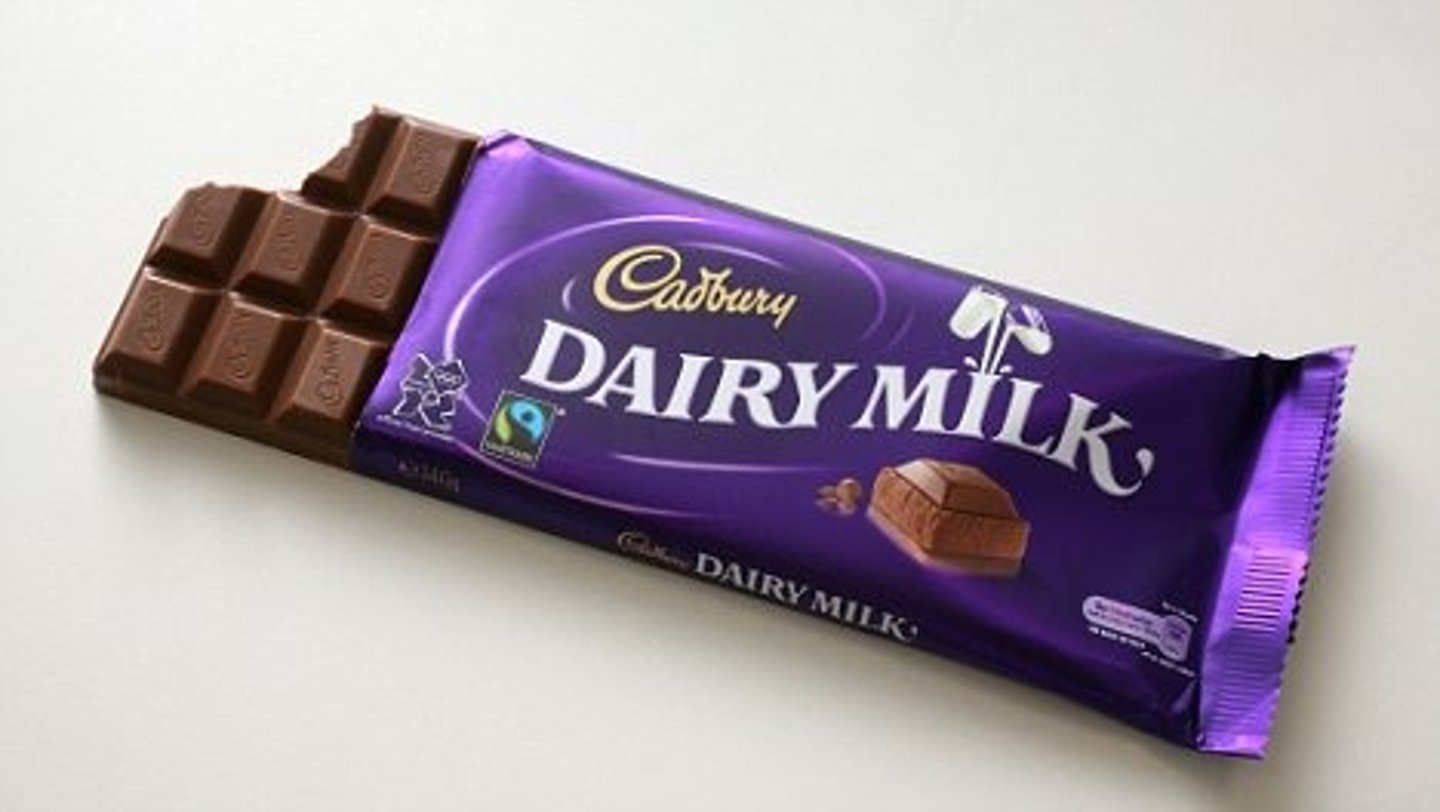AQA A Level Geography - Global Systems and Governance
1/99
There's no tags or description
Looks like no tags are added yet.
Name | Mastery | Learn | Test | Matching | Spaced | Call with Kai |
|---|
No study sessions yet.
100 Terms
Include prob 2/2/21 notes
+ got up to f.c systems, technologies and relationships
Include prob 2/2/21 notes
+ got up to f.c systems, technologies and relationships
Defining Globalisation
- say as defining in ans to 20mark Q, that it has many defs
- national economies + societies + cultures
= become ↑ integrated through global network of...
- trade + communication + transportation + immigration.
What is globalisation? What are some its features?
--> Process of world's economies + political sys + cultures becoming strongly connected
--> Allows for interaction between countries
= complete globalisation would result in globe operating as a single community
= currently world is undergoing global changes = inc connectivity
--> globalisation caused movement of info + capital + products + services + labour
= movements have always occurred, but more globalised world since 80s, have caused acceleration
--> globalisation makes countries more interdependent on each other for security + economies
= creates numerous issues & problems associated with globalisation
Was globalisation a thing before the 21st century?
- Yes
- Silk road with trade of commodities & cultures were traded
- Industrial revolution forced products made to be for cheaper as production multiplied
What is a flow?
- Countries sharing things with one another
- products
- or ideas & concepts such as money & services
Dimensions of Globalisation
- Capital Flows
- Labour Flows
- Product Flows
- Service Flows
- Information Flows
- Global Marketing
= Reasons why globalisation exists
Flows of Capital
- movement of money
- purpose of investment/trade/production of good and services
- FDI (1996 = $400bn & 2016 = $1500bn)
- Repatriation of profits (TNCs)
- Aid (i.e. world bank loans)
- Remittances (migants)
What are flows of labour?
- Movement of people involving immigration + emigration = supply workforce
- migration = contribute to workforce
- 3-4% of pop = international migrants
- majority move to HICs
- 1.6% of LIC pop = international migrants
What do highly skilled and lowly skilled workers do?
Highly skilled
- highly trained, req great deal of skill
- move to HICs for same job + higher wages
Lowly skilled
- underqualified
- move to DCs due to high employment rates in their countries
- can = overpopulation + exploitation
- as workers can = underpaid + do illegal work
Flow of products
- Manufacturing facilities used to be based in developed countries (undergone industrialisation)
= + products sold in these countries too (e.g. Asian Tigers
- Recently manufacturing has decreased in developed countries = can be seen in British history
- Low labour costs over seas allow for opportunity to outsource manufacturing elsewhere
= products can then be imported e.g. Apple in California moving manufacturing to Asia
- international trade of products is inc = involves importing + exporting
- rise of global trade + markets
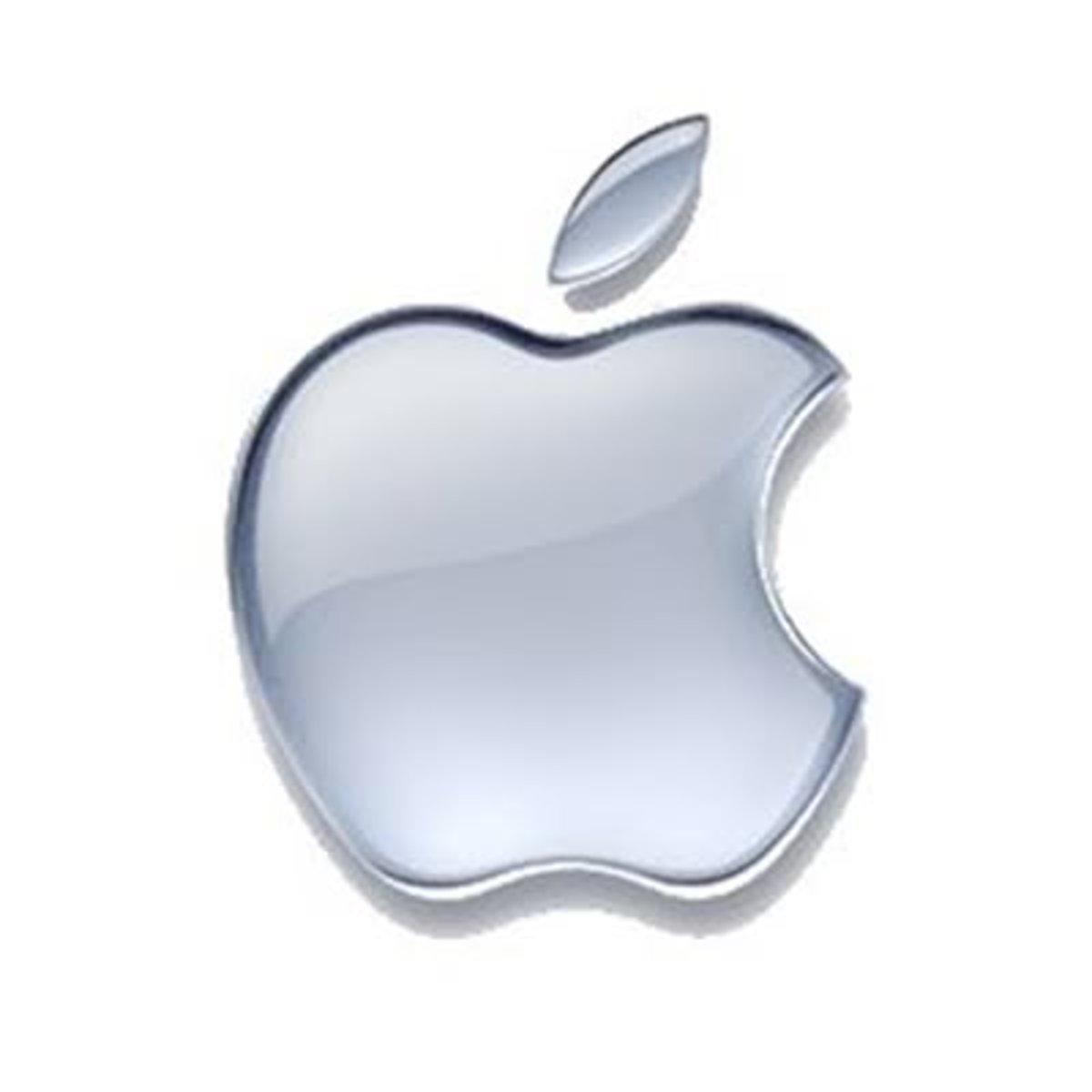
What are product flows controlled by?
- Transaction costs
- Tariffs
- Transport & time
- WTO (world trade org) encourages global reduction in tariffs
What are flows of services? (footloose industries)
- economic activites that are intangible (e.g. financial services)
- Improvements in ICT = allowed services to become global industries
- social media = share cultures + experience
= Banking + insurance services can be located anywhere worldwide + offer complete service
- Deregulation (removal of prohibition (prevention) laws) + opening of financial markets = easier for international services to be offered
- flows of service = more interconnected world
- can be split into high and low level services
Flows of Service
- can flow from 1 place to another via internet, SMS...
- fast broadband & connections = transferred instantly
- informed on current global events
- Social media = interconnected; share cultures + experiences
- Real time data transfers = industry that req info to develop = stock markets, high tech products (knowledge economy - Quaternary industry)
High level services
- Financial service
= Business services such as finance & investment
- ↑ skill level
- qualified & trained
- Usually located in HICs / developed countries
Low level services
- Consumer services
- e.g. call centres only need basic traing to offer advice
- Req less training
- Outsourced to developing countries (take adv of lower labour cost)
Flow of information
- Financial data & news = spread around world almost instantly
- Development of adv telecommunication (e.g. e-mail)
= internet + social media allow for fast delivery of info across globe
= ease of communication = strengthens cross-border relations
- make world more interconnected as people have access to learn about other countries + cultures
= rise of global culture
Where do major flows occur between?
- Core regions - wealthier powerful countries
- Periphery regions - ↓ wealthy ↓ powerful countries
- International monetary fund (IMF)
= international corp that aims to secure financial stability, sustain eco growth & and ↓ poverty
- World bank - give out loans for development or relief
- AND ALTOGETHER
What is Global Marketing?
- Marketing = process of promoting & selling products / services
= activity = now undertaken on global stage
= as advertising + sales of products is occurring world- wide
- involves treating world as SINGLE market & using single marketing strategy (European Commission plan to unlock full potential of single market)
= to involve global consumers
- inv economies of scale = cheaper to have single campaign (e.g. advertising) than multiple indiv ones
- Awareness of brand image can be built using global strats as world begins to recognise name / logo
- Marketing may be adapted regionally = dif regions have political & culture difs
What is the European Commission?
- branch off EU (European Union)
- responsible for implementing decisions + proposing legislation
Globalisation causes Interdependence
- Reliance & interdependence = important themes in globalising Earth
- Economic = Rely on each other for economic growth, e.g. consumers rely on producers
- Political = countries depend on each other to form multilateral agreements = solving issues
- Social = social interdependence = created cuz of connections forming refugees
- Environmental = global enviro is cared for by all
= emissions in 1 place can cause bronchitis elsewhere
- interdependence = causes inequality between countries (consumers & producers) & people (wealth & power)
= flows of people + tech + ideas + capital = unequal
= countries are developing at dif rates = some may be left behind
What are multilateral agreements?
- Commerce treaties (large scale of buying & selling)
- among 3 or more nations
Unequal flows of people - benefits & inequalities (part 1)
- People may move from areas of limited work --> where employment is high
= + may move if they're conflict / political / enviro refugees
- + may move due to eco / ed / housing reasons
= some countries can be travelled too without visa (from developing countries)
- Remittance is migrants repatriating money (return to home country) = links to flows of capital = aiding countries to develop
- Inequalities = less d countries suffer from 'brain drain' as skilled workers move away
- Conflict = Migrant pops work for less = lowering wages & causing local conflict
- Injustice = migrants work in dangerous conditions
Unequal flows of money - benefits & inequalities (part 2)
- Remittances + foreign aid + FDI + income = from trade
= flows are unequal from d countries to developing countries
= LICs have little capital to invest, while HICs invest in EEs infrastructure = inc chance of TNCs
- FDI also helps improve living standards
(Inequalities)
- FDI can create dependency + force out local businesses
- Conflict = foreign aid can get into WRONG HANDS of armed groups + may cause conflict between local people
- Injustices = Companies may pressure govs of Less dev countries (LDC) to make investment there cheaper (lower?)
HICs Driving Development
- Before 1980s = indiv nations took responsibility for providing welfare to their citizens + controlling own trade
- After 80s = believed max growth would occur without trade barriers
= state owned companies were privatised & govs spending was cut (known as neo-liberalism)
- Neo liberal ideas have inc free trade = creating more development & less conflict
- Inequalities - Neo liberalism concentrates wealth to a few after its global spread
- Conflict - occurs when companies threaten gov decisions & gov wants to intervene
- Injustice - Poor working conditions & environmental degradation occur in LICs
Systems, Technologies And Relationships
- Range of sectors inc finance + transport + management = have been driven by globalisation
- Systems inc ways of working, allowing activities to be carried out more efficiently
= makes easier flows of cross-border info, capital, services & products
- tech advs allow for easier access to info & faster world wide transport (e.g. train & flight)
= allowing for shrinking world to develop
- international relationships have imp significantly after world wars
= relationships are based on rules + trade blocs
= +ve international relationships allow for globalisation to boom (rapid eco growth)
Global Financial Systems
- allow for flows of capital internationally (inv investment banks)
- raising of capital done by selling shares of other companies (to investors)
= 1980s = several things happened to globalise this
--> ICT has imp = more info available
--> New financial products make investment less risky
--> Financial deregulation relaxed rules = makes flows of capital easier
- today = have global financial sys: type of global economy with inc interdependence
Management & Information Systems
- Companies can make own work more efficient on global scale
= Global supply chains: factory in China, customer in UK, and research and development department in ireland
= systems allow for cost to be reduced (for above?)
- Larger companies can benefit from economies of scale = producers can reduce costs by purchasing specialist equipment & using production lines
- Resource & material can be bought in bulk to reduce prices
- Outsourcing is relocating aspects of a business elsewhere in order to save money (inc cheap production)
- Working practices have also changed; paper work is becoming more digital + temporary contracts allow for work where it's needed (availability?)
Multilateral Approach to Security Threats
- Globalisation has created relationships between countries
= can be used to combat security threats (on top of +ve trades)
- Trades makes wars less likely (as countries rely & interdepend on each other)
- Grouping such as NATO formed in 1949 = collaborate against security threats such as Cold War + terrorism nowadays
- Globalisation may become catalyst for conflict = as demand for resources in developing nations inc
- International Court Of Justice (ICJ) aim to solve international crime with UN security council (ensuring peace) preventing international war
Transport & communication systems
- Developing transport systems = international destinations reached faster
- Containerisation introduced in 1950s = allowed for goods to be transported quickly & cheaply
- Communication satellites launched in 1960s = cheaper & wireless communication (inc rural & remote areas)
- Optic fibre cables use signals of light to transmit more info = faster communication
- past 20yrs = seen significant development in software which allows for free communication
Trade Agreements & Trade Barriers
- Global trade sys governs flows of products between countries
- Trade is mainly regulated by govs = control imports & exports, inc trade tariffs & non-trade tariffs barriers (e.g. rules & bans)
- controls can also add expense to some products
- Cheaper products can be seeked thru trade agreements
- Many countries form multilateral trade agreements
- WTO governs global trade = set rules + act as forum (meeting) for other countries to settle trade disputes
What is bilateral aid?
Aid from one country to another
HIC's with lots of technology
- Globalisation resulted in unequal flows of tech
- Conc of tech can lead to rapid development
- Inequalities = developed countries can afford tech while LICs cant
= tech allows for better communication + info + services
= Brings adv to HICs over LICs
- Conflict & injustice = repressive LIC govs (restricting freedom/opinions) used weapons tech sold to them by HICs to stop protests from own people
= Demolishing prospect of free speech & will = continuing the repression
- (e.g. North Korea Kim Jong Un?)
What are remittance payments?
- money transferred from workers in core regions back to their home countries
- e.g. to family
Frank and Wallerstein's Core-Periphery Model
- Model world system
- global power is conc in handful of developed regions
- leaving LIDC vulnerable to...
- exploitation + lack of investment + emigration + leakages.
What different types of globalisation are there?
- Economic
- Social
- Political
- Cultural
What is economic globalisation?
- TNCs = international outsourcing + offshoring = lower costs (doesn't always = HIC to LIC)
- offshoring = reducing labour costs
- Industries move to developing.C to save money on labour = eco growth for that country
- Trade blocs create eco integrations (↓ trade barriers)
- Sources of income from international companies
- Global transactions of money e.g. buying something shipped from China
What was the problem with trade blocs in N.Ireland?
- Border between Southern (republic) and Northern
= but it has to be open
- due to the anglo-irish agreement that stops violence between republicans, Catholics and Protestants (majority of protestants live in N ireland)
- UK has left EU, but republic hasnt
- there has to be a trade barrier (theoretically physical)
- Has to be checks on trade and movement of people
- need to do checks due to trade issues (e.g. tariff)
- but cant do checks at border, as its politically sensitive
- idea = electronic checking system away from border
= border is open, while checks can be made
What is political globalisation?
- Govs form connections to trade
= Trade deals & trade blocs
- Western democracies = global influence on political ideas
= such as development of market economies in former communist places like China
- Deregulation (remove state regulations) policies
= international growth of markets
- International orgs harmonise national ecos + political relations e.g. UN
What is cultural globalisation?
- media sources
= understanding of dif cultures
- Ability to travel allows for experience
- Education = greater awareness & understanding
- Westernisation = domination of western cultural traits in non-western areas - e.g. western brand Starbucks in Asia
What is social globalisation?
- international immigration = multicultural societies
- Social networking = imp human connections
= tech enables interactions with people in dif countries
- Global NGOs + charities = global imp of ed & health
- e.g. WHO
Leakages
- loss of income from an economic system
- usually from profits of TNCs being sent back to country of origin in profit repatriation
Foreign Direct Investment (FDI)
- investment of TNCs or govs
- based in 1 country
- into physical capital of foreign enterprises.
Remittances
Transfers of money made by foreign workers to family in their country of origin.
They have become the 2nd most important income source in LICs, ahead of international aid and behind FDI. They are more reliable as they're less impacted by times of global financial crisis/.
Diaspora
A large group of people of similar heritage or homeland who have settled elsewhere.
Tariffs
Taxes placed on imported goods with the intention of making them more expensive than home-based goods. They are a strategy of protectionism.
Protectionism
Government policies that impose restrictions in foreign goods and services to safeguard home based goods.
Conglomerates
- Corp made of dif sometimes unrelated businesses
- Most TNCs are conglomerates
eg - Unilever = UK company owning food, cleaning and care products
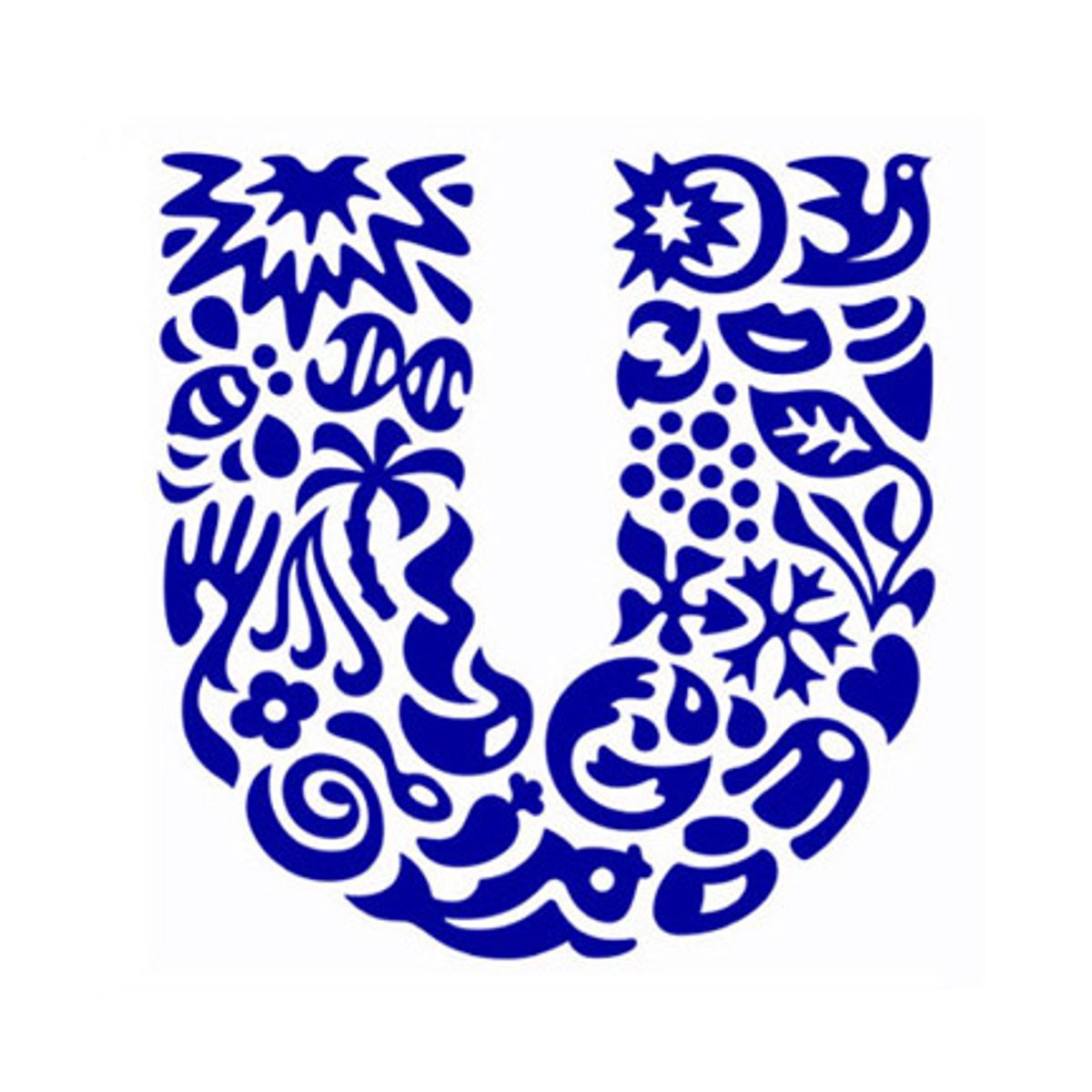
What are middle eastern emerging economies large contributors to?
- Oil industry
- Russia + Saudi Arabia + UAE + Quatar
= in top 10 for exporting fuel and mining products
What type of industries are within LICS + emerging economies in Asian regions?
- textile & clothing industry
- China is biggest exporter
What type of exports are concentrated in emerging economies?
- consumer technology (e.g. office equipment)
- China = 1/3 of market
- amnt produced = likely to do with cheap labour prices + shipping products in bulk
Economies of Scale
- cost advantages associated with a larger size, output or scale of an operation
- by spreading costs or rationalising (making more efficient) operations
- Reduces avg cost per production of unit.
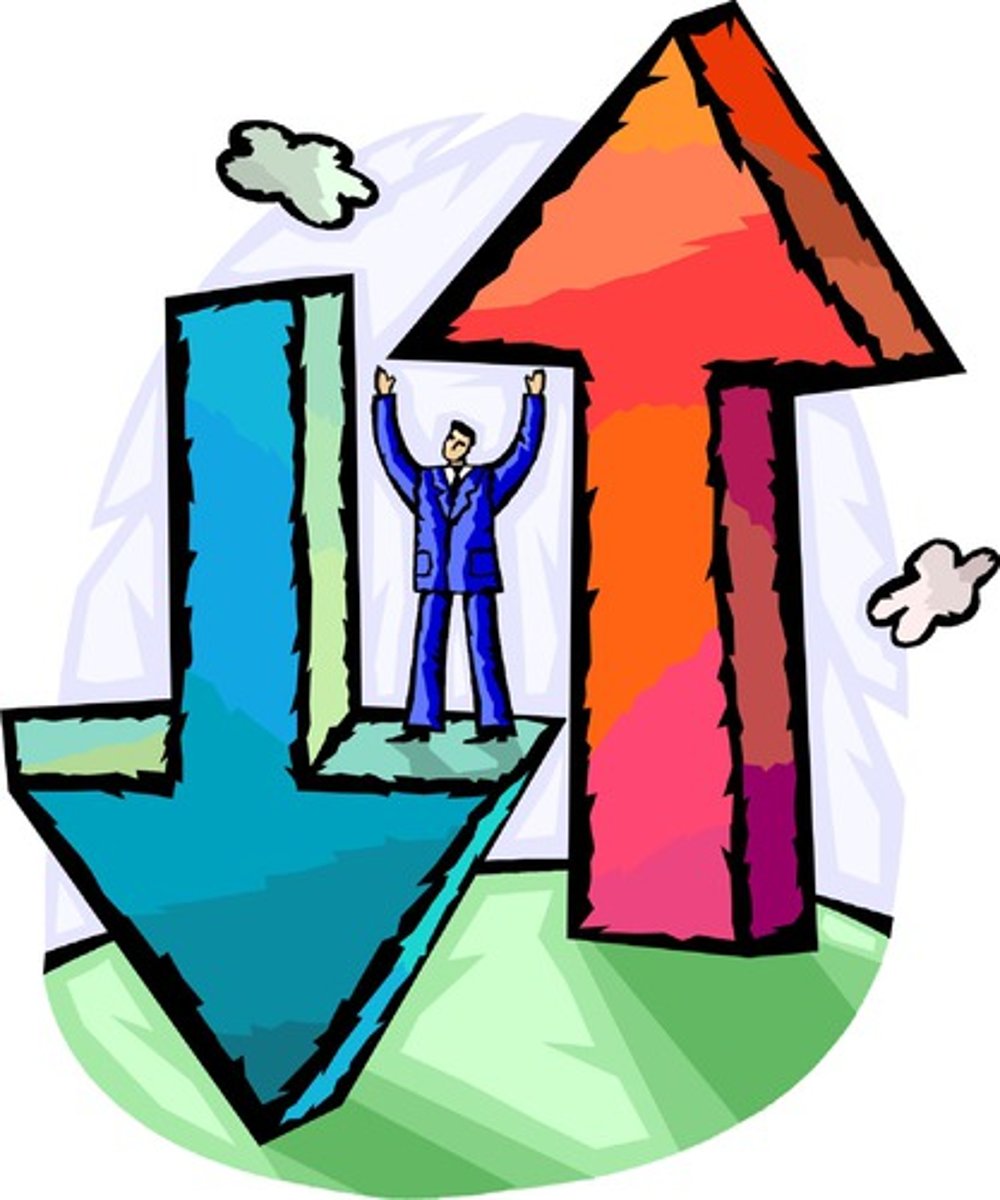
Decentralistion
Movement of departments from a single location to multiple others.
Global Shift
The filtering of industries that has resulted in many production operations being overseas in lower cost locations with lesser regulations and government incentives.
Factors in Globalisation
- Government support/Democracy
- Financial/Deregulation of markets
- Transport
- Security
- Capitalism vs Communism
- Containerisation
- Migration
- Trade
- TNCs
Security in trade
Includes supply chain security, crime & anti-terrorism, food & bio-security, and fiscal security. (tax avoidance).
Initiatives to alleviate issues include the World Customs Organisation (WCO) and the EU 'Secure Operator' label.
Trade Bloc
Groups of normally spatially close countries that protect themselves from imports form non-members as a way of economic integration, increasingly shaping the pattern of world trade.
Free Trade Areas
A trade bloc where 2 or more countries agree to eliminate importing borders (tariffs, taxes and quotas).
Preferential Trade Areas
Often the foundations of a trading bloc, involving the elimination of tariffs on certain products.
Single/Common Market
Countries can be members of the single market without being members of the trade bloc, eg Norway, Iceland and Liechtenstein are in the EU single market but not part of the EU.
They eliminate tariffs, quotas and taxes on trade as well as including free movement of goods, services, capital and people.
Single markets also try to eliminate 'non-tariff barriers' such as creating product regulations and standards that are shared in every member country.
Customs Unions
Accept the same rules as a single market, eliminating tariffs, quotas and taxes on trade, allowing free movement of goods, services, capital and people, and accepting shared product standards across all members.
They also impose a common tariff on goods from non-members.
Economic/Monetary Units
A group of countries that use the same currency, such as the Eurozone, removing risks of exchange rate fluctuations.
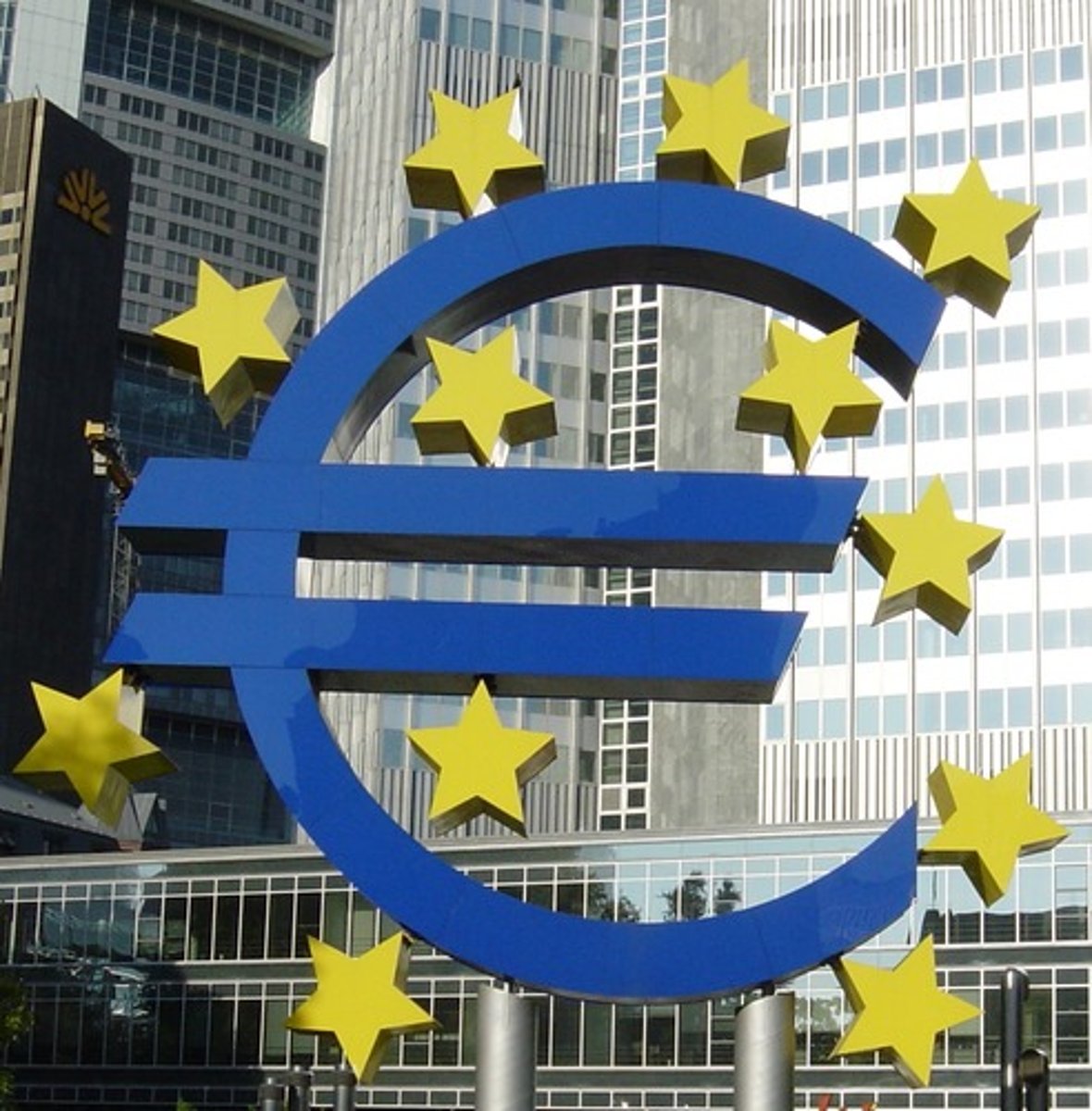
Benefits of Trade Blocs
- Improve global peace & security by forming alliances
- Increase global trade & cooperation
- Development of economies
- Increase competition on a global scale
- Allow freedom of movement to fill labour shortages
- Set regional standards
- Spread democracy
- Support certain sectors
Drawback of Trade Blocs
- Loss of sovereignty as decisions are centralised
- Loss of financial control to the central authority
- Pressure to adopt central legislation
- Damage to certain economies due to resource sharing (eg- fishing grounds in the EU)
The EU
A customs union made up of 28 members. In June 2016 the UK voted to leave in he Brexit referendum. The EU is currently the UK's largest trading partner:
- 44% of all UK goods and service exports are to the UK
- 53% of all UK imports come from the EU
- 45% of all UK FDI stock is from the EU
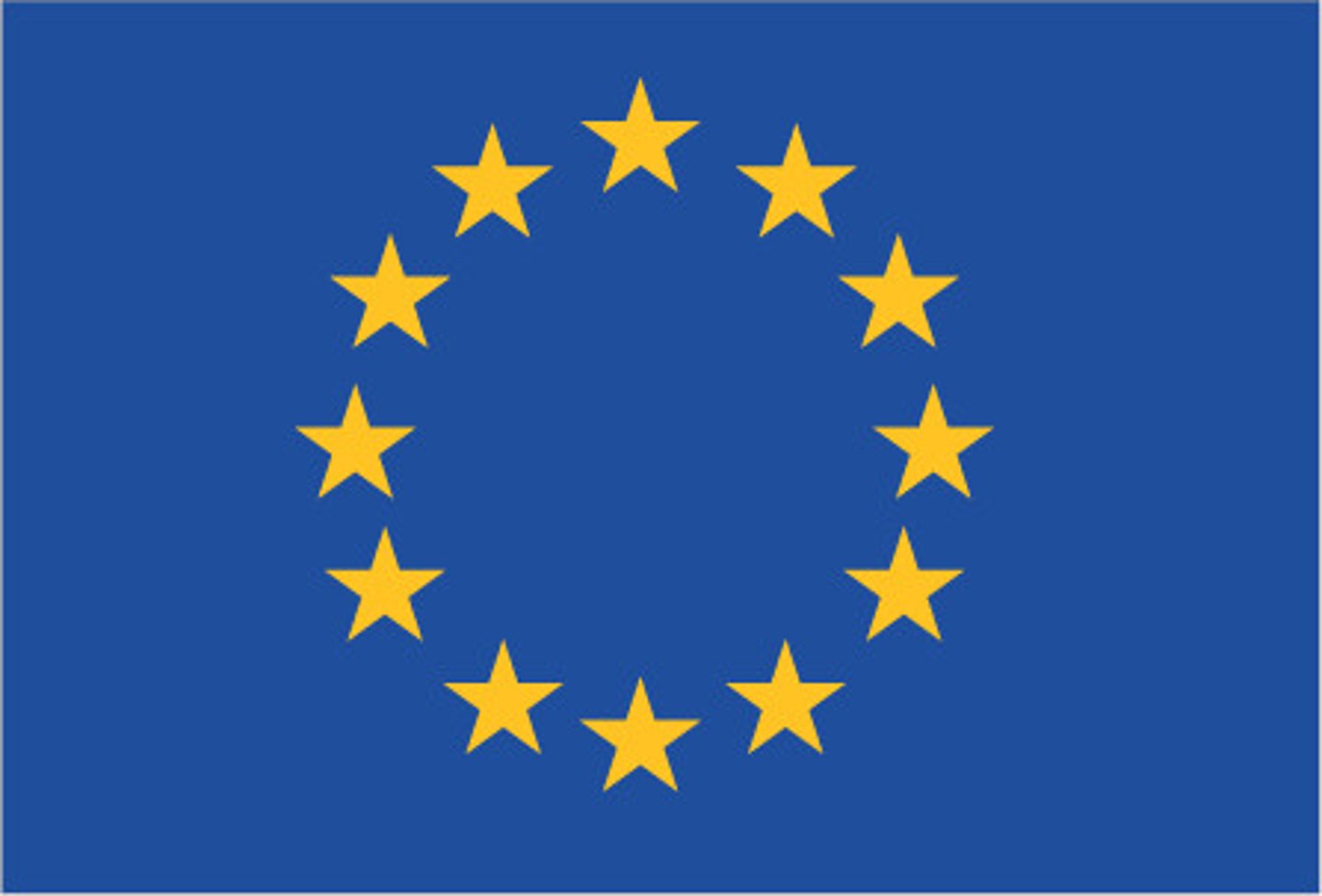
Reasons UK Brexit from the EU
- The Common Agricultural Policy ensures minimum production levels in farming but UK farming is much more efficient so the fixed prices meant UK farmers lost out.
- The UK has a net contribution of £9.8 billion
- Free movement placing a strain on public services and increasing public security risks
- The UK were unable to negotiate separate external trade deals and tariffs
Brexit Voting Patterns
There was a 72% turnout of which 51.9% voted leave and 48.1 voted remain.
Scotland and Northern Ireland were strongly remain, as were 18-25 year olds.
All other constituencies were overall leave, and 60+ year olds were strongly leave.
Asian Tigers
The first 4 NICs, in South East Asia - Taiwan, Singapore, Hong Kong and South Korea.
Dependency Theory
Suggests that countries are locked into unequal relationships where 'core' countries systematically under develop 'dependent periphery' countries, using them for their resources. The Asian Tigers and surge of NICs undermined this theory.
Export-led Growth
Directing resources towards industries with export markets (countries that sell foreign goods and services), disregarding the domestic market until an export market is established. Method in the growth of LICs.
Import substitution
When countries begin to manufacture goods they would normally import, increasing their domestic market.
Free Market Economy
An idealised system in which prices for goods and services are determined by supply and demand, free from any authority or government intervention.
IMF
The International Monetary Fund - regulator of financial flows and stabiliser of the global financial system.
Made up of 189 countries who pay a subscription according to the size of their GDP.
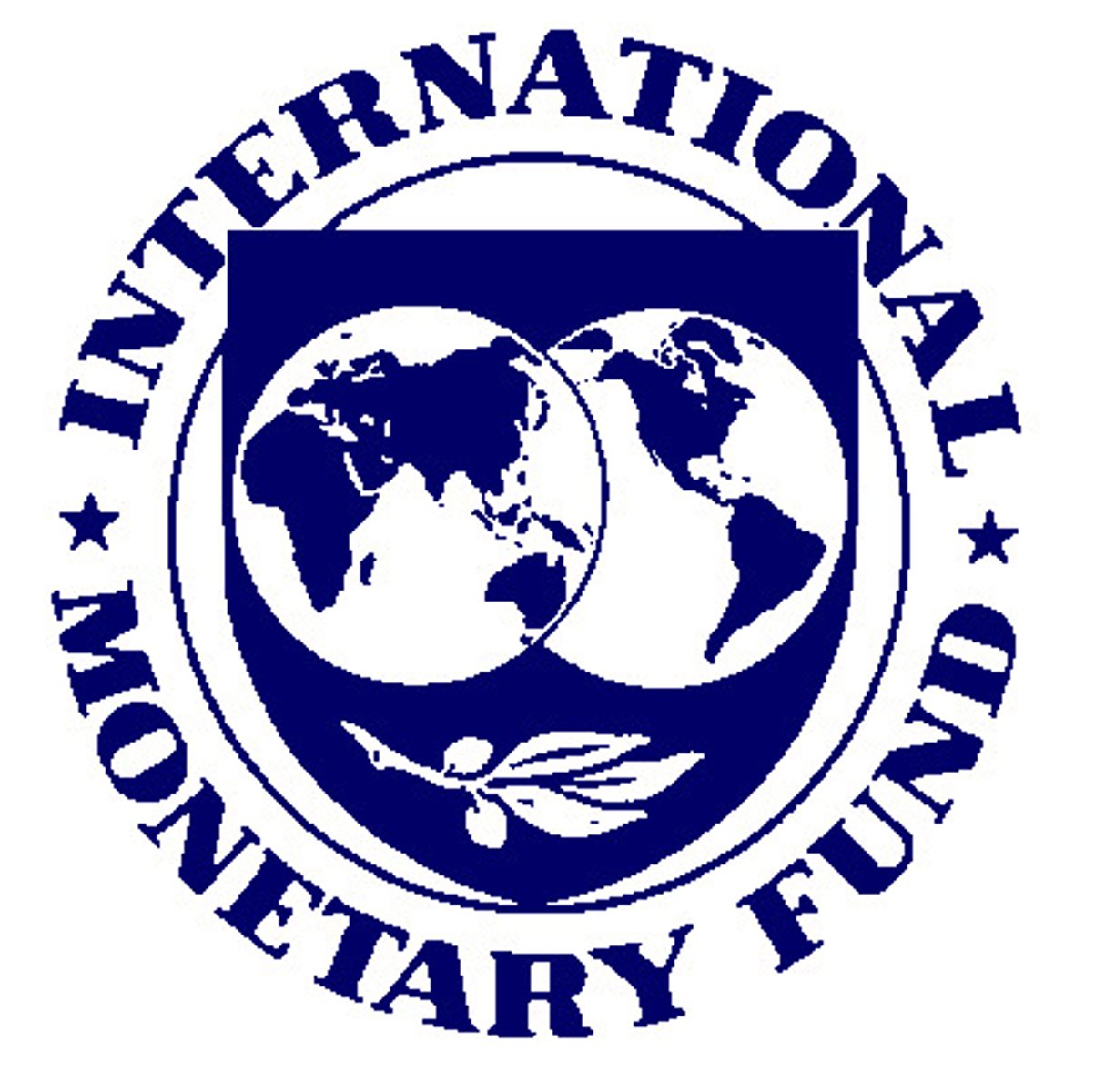
Negatives of the IMF
- Criticised for imposing severe cuts on education & welfare in LICs/NICs in return for financial assistance
- Free markets supporters believe they are too interventionist
- Some countries may pursue unsustainable targets
- The quota system means that the more a country contributes, the more power they have
- Failed projects can be subject to high interest rates
Positive of the IMF
- Large provider of employment
- Advises countries attempting a new economic policy
- IMF loans can help countries achieve otherwise unobtainable projects
- Supports countries with a deficit of payments or in need of a bailout.
World Bank
Provider of economic support for less developed countries, with an aim to reduce poverty.
Has 189 members and staff across 170+ countries.
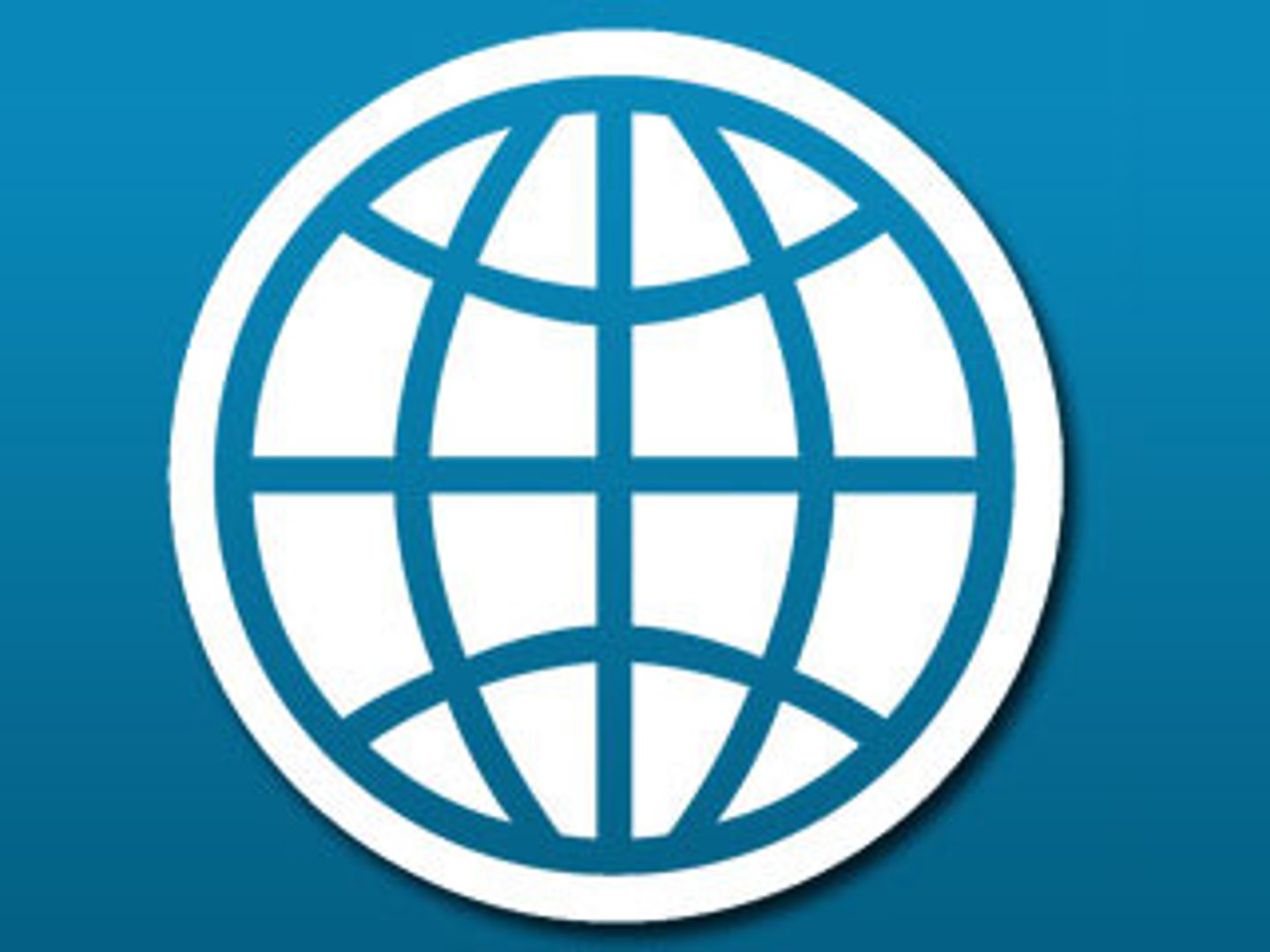
Negatives of the World Bank
- They have implemented 'Top-Down' project that have not reduced poverty, rather than 'Bottom-Up' approaches that better achieve sustainable development
- Criticised for having conditions attached to loans
- Many projects (Eg - HEP) have severe social and environmental implications
- An OXFAM research revealed that 51/68 companies that lent money to Sub-Saharan Africa schemes in 2015 used tax havens
Positives of the World Bank
- Provides infrastructure for projects in developing countries
- Many recognisable educational benefits from investments into Early Child Development (ECD) programmes
- Aims to create sustainable economic growth, invest in people, and build resilience.
WTO
World Trade Organisation - governs the systems of international trade, dealing with the rules of trade and resolving trade disputes.
Established in 1995 with 160 members.
It holds rounds of talk to discuss particular issues, such as the 2001 Doha Development Agenda that focused on reforming agricultural trade.
Positives of the WTO
- Resolved the 20 year long Banana Trade war
- Promote free trade with increased efficiency
- Helps to dissipate and prevent trade wars
Negatives of the WTO
- Forcing nations into compromise, as in return for reducing import tariffs from LICs and NICs, the USA, EU and Japan insisted they opened their markets to western manufactured goods
- Reduced tariffs increase imports but depreciates employment and production in receiving country
- Domination of HICs over LICs as they have more control of the global financial market
Outsourcing
A cost-saving strategy used by companies who arrange for goods and services to be produced by other companies in a location where costs are lower.
The Gini Index
Used to measure inequalities within countries - An index score of 1 means the entire country's wealth goes to 1 person (unequal), an index score of 0 means income is equally divided among the population.
The UN
The United Nations are an international organisation made up of 19 members established in 1945 to:
- Confront common challenges
- Manage shared responsibilities
- Strive for a peaceful, inclusive, more sustainably developing world.
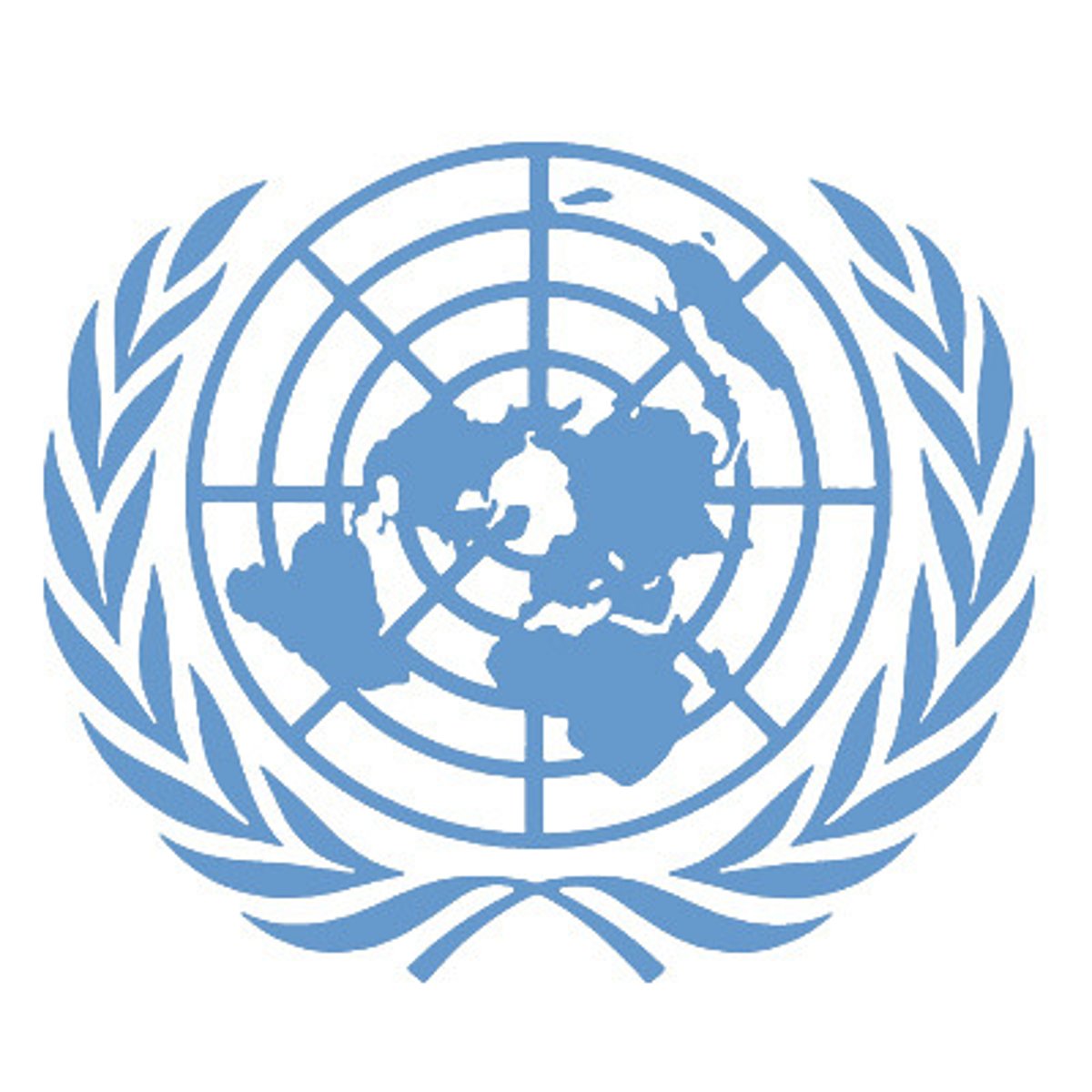
Structure of the UN
- General Assembly is the main deliberative sector. Each member state has 1 vote, no matter it's size or power
- The Security Council maintains international peace and security, made up of 5 permanent members (UK, USA, China, Russia and France)
- Economic Council focuses on socio-economic development and includes WHO, FAO, UNESCO, UNICEF, UNDP ad UNHCR
UNEP
United Nations Environment Programme, responsible for environmental governance including education and conservation.
The UNFCCC is responsible for overseeing climate change negotiation:
- The 1997 Kyoto Protocol
- The 2015 Paris Agreement (key features NDCs, climate finance, 5 year reviews)
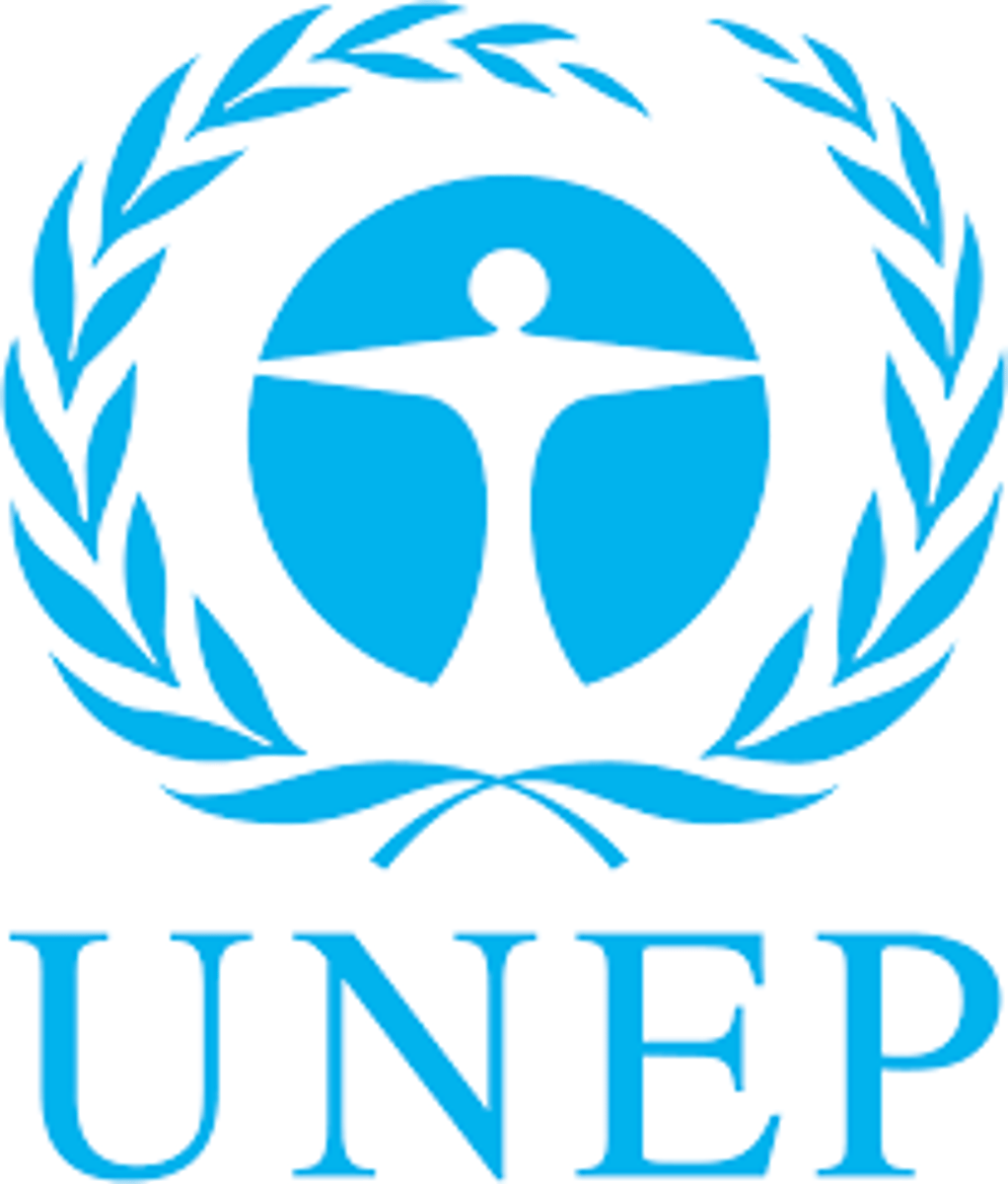
Criticisms of the UN
- Moral relativism, different cultures have different values
- The 5 permanent Security Council members are all nuclear powers who do not provide international representation. Their veto power may be seen as unjust and discriminatory. India, the world's 2 most populous country, is pushing for expansion.
- The UNDP does not have a member of a developing country in a managerial position arguably meaning the council does not understand the needs of development.
- 'Oil and Food programme' meant Iraq was able to sell oil for food and other humanitarian needs. It was ended after 7 years after allegations of widespread corruption.
Successes of the UN
- Provision of education through UNICEF and protection of children's rights and standards of living
- UNHCR has helped 17 million refugees since made
- Key in the battle against HIV/AIDS through education and treatment.
The Jurisdictional Gap
The gap between the increasing need for global governance in many areas, and the lack of an authority with the power, or jurisdiction, to act.
The Incentive Gap
The gap between the need for international cooperation and the motivation to undertake it.
The Participation Gap
The gap between the decision making by governments, and civil society groups, over international cooperation.
Comparative Advantage
The notion that countries should specialise in providing goods and services they excel at producing, and trade these things for items they do not produce.
Embargoes
Partial or complete prohibition of trade with a particular country, usually for political reasons.
Fair Trade
A social movement whose goal is to help producers in developing countries achieve better trading conditions and to promote sustainability.
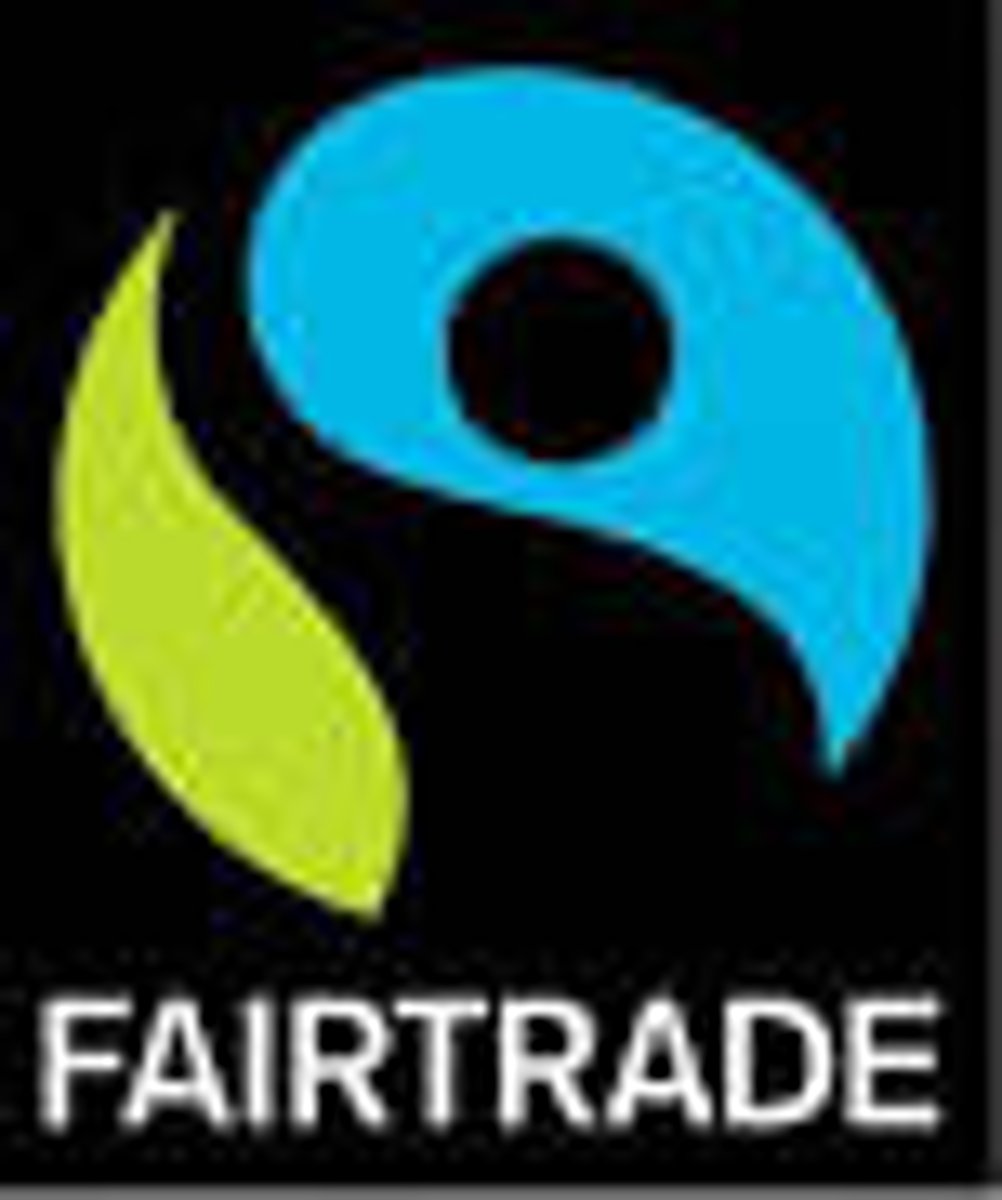
Ethical Consumerism
A movement where investors and consumers choose to invest capital based on the activities of the organisation receiving investment - seen as a responsibility to consider social and environmental concerns.
USA trading relationships
The USA has traditionally had a protectionist economy, only forming NAFTA in 1994.
The development of the Trans-Pacific Partnership (TPP) and Trans-Atlantic Trade & Investment Partnership (TTIP) is a strategic move so the USA can trade with the West and the East, placing them at the core of international trade to compete with China's rising dominance.
Trans-Pacific Partnership
The TPP is a free trade agreement between 12 countries. It has been criticised for lacking transparency (accountability, openness and communication). It is set to be one of the most vital modern trade agreements considering the regions economic growth.
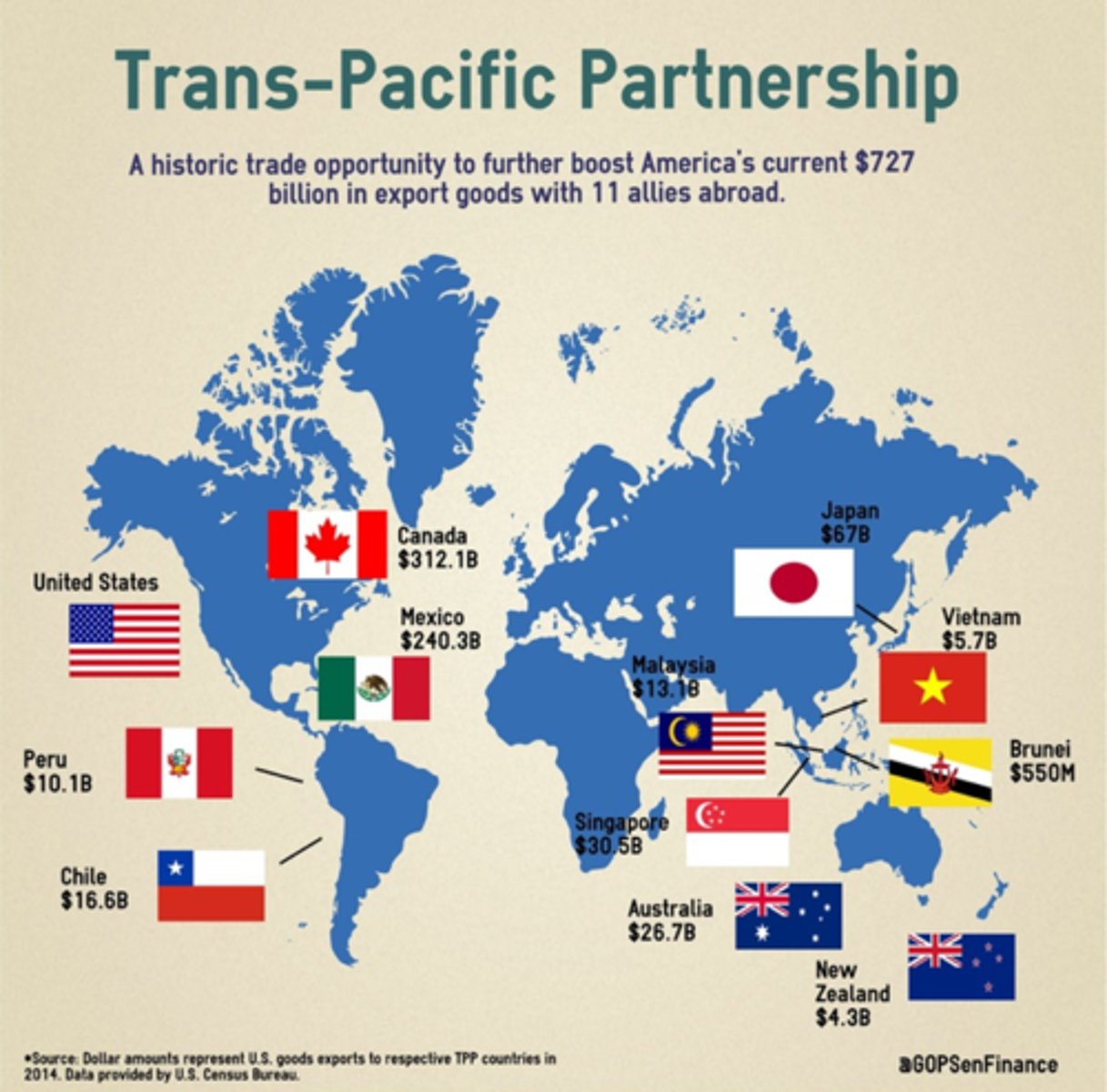
Trans-Atlantic Trade & Investment Partnership
The TTIP is a bilateral agreement between USA and the EU aiming to reduce regulatory barriers. It has also been criticised for a lack of transparency. It could lead to the rising dominance of TNCs over democratically elected governments, undermining democracy.
TNC
Transnational Company - Companies that operate in at least 2 countries, with a HQ in 1 country and operations in many others.
Reasons why include:
- Lesser Environmental regulations
- Lower labour costs
- Avoid trade tariffs through barrier free market access
- Access foreign markets
- Exploit minerals and resources
- Government incentives that attract FDI
Vertical Integration
A method of gaining market control - the supply chain of a company is controlled entirely by that company, to enhances economies of scale and maintain control of their stocks.
Horizontal Integration
A method of gaining market control - the company diversifies operations by expansion, mergers or takeover to increase it's ownership of a market (eg- Kraft buying Cadbury)
